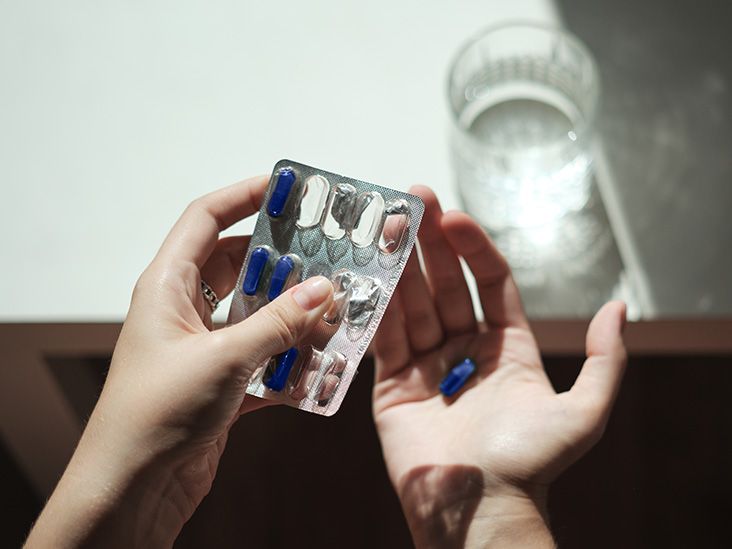While more research is necessary, some evidence suggests ginger may help manage blood sugar levels. As such, people with diabetes can safely consume ginger as part of a balanced eating plan.
Diabetes is a chronic metabolic disorder that affects how the body produces and uses insulin, a hormone that regulates blood sugar. People with diabetes need to manage their blood sugar levels carefully and keep them within target ranges.
Managing diabetes may involve taking medication, testing blood sugar levels, and monitoring dietary intake. Ginger, or Zingiber officinale, is a popular spice with a unique flavor and potential medicinal properties.
Read on to learn about ginger’s potential benefits for people with diabetes and its possible side effects.
Diabetes resources
Visit our dedicated hub for more research-backed information and in-depth resources on diabetes.

Generally, ginger is safe for people with diabetes. It may also offer several health benefits that can support diabetes management. For example, evidence notes that ginger can
In a
However, a
Additionally, a 2019 review of older research suggests that compounds within ginger may possess antihyperglycemic effects, suggesting that ginger may help with diabetes management.
Current research into ginger’s benefits for people with diabetes is conflicting. Healthcare professionals do not currently recommend using ginger to lower blood sugar levels.
If someone wants to add ginger to their dietary patterns, they should consult their healthcare team or a registered dietitian.
Ginger may have some benefits for people with diabetes. These include:
Blood sugar regulation
A 2018 systematic review and meta-analysis suggests that ginger may be a promising option to help manage diabetes due to its positive effects on glucose management, insulin sensitivity, and blood lipid profiles.
The
Similarly, a 2020 study suggests that ginger powder supplements may help to reduce fasting blood sugar (FBS) and A1C levels in adults with type 2 diabetes using antidiabetic medications. As a secondary outcome, ginger helped to lower blood lipids.
However, a
A 2019 systematic review and meta-analysis notes that ginger may not affect FBS but significantly improves A1C levels. This suggests that ginger may positively affect glucose management over a longer period.
Ginger may also help improve a person’s insulin sensitivity. People with low insulin sensitivity may have insulin resistance, which can increase their risk of developing type 2 diabetes.
Current research into ginger for diabetes is conflicting. The current evidence is not strong enough for healthcare professionals to recommend ginger as a treatment for diabetes.
Anti-inflammatory properties
Ginger contains compounds that may provide anti-inflammatory effects. Evidence notes that inflammation plays a role in diabetes, and targeting inflammation
A 2021 meta-analysis suggests that ginger supplementation can provide a slight reduction in inflammation in those with type 2 diabetes.
Similarly, a 2022 rat study notes that ginger can reduce inflammation and oxidative stress, which may help improve glucose management.
Weight management
Excess weight is a
In a
However, the average weight loss was small, at 1.52 kilograms (kg), around 3.35 pounds (lbs).
Ginger may slightly reduce weight but is not an effective strategy for weight loss on its own.
Ginger is generally safe to consume in moderation. However, sometimes, it can cause mild side effects such as gastrointestinal issues. As such, it is important to consume appropriate amounts of ginger.
Potential side effects may include issues
People who take anticoagulant medication should also speak with a healthcare professional before increasing their ginger consumption, as ginger may affect the drug’s effectiveness.
Ginger can make a great addition to sweet and savory dishes, as well as drinks. Some ideas to incorporate ginger into the diet may include:
- Grated or minced ginger: Adding grated or minced fresh ginger to stir-fries, soups, or salad dressings can provide a zesty, warming flavor.
- Ginger tea: Slice fresh ginger into a mug with hot water and let it brew. Enjoy it on its own or with a squeeze of lemon for extra flavor.
- Smoothies: Add a small amount of fresh or powdered ginger to enhance the taste and nutritional value of smoothies. It pairs well with fruits such as pineapple, mango, and banana.
- Spice blends: Add ginger into homemade spice blends to season meats, roasted vegetables, or legume dishes.
- Ginger supplements: If incorporating ginger into the diet is challenging, ginger supplements may be another option. However, people should consult a healthcare professional before starting any supplementation regimen.
Various factors may affect how long it takes ginger to alter blood sugar, including the form and amount of ginger a person takes.
Studies investigating ginger’s effect on blood sugar vary widely in duration. For example, studies in a 2022 review range from 8 to 13 weeks.
More research is necessary to compare the effects of ginger and metformin (Glucophage) on diabetes management.
However, a 2022 study suggests that metformin was more beneficial than ginger at reducing insulin resistance in females with polycystic ovary syndrome.
People should always speak with a healthcare professional if they have concerns about their diabetes medication.
People taking any medications should always speak with a healthcare professional before taking ginger supplements. For example, ginger may interact with anticoagulant medications.
Ginger can be a tasty addition to the diets of people with diabetes. It may also offer health benefits such as helping regulate blood sugar, anti-inflammation, and weight management.
While ginger is generally safe, people should consume it in moderation due to its potential side effects, such as gastrointestinal discomfort.
By incorporating ginger into an eating plan, people with diabetes can potentially harness its benefits while enjoying its unique flavor and versatility.

